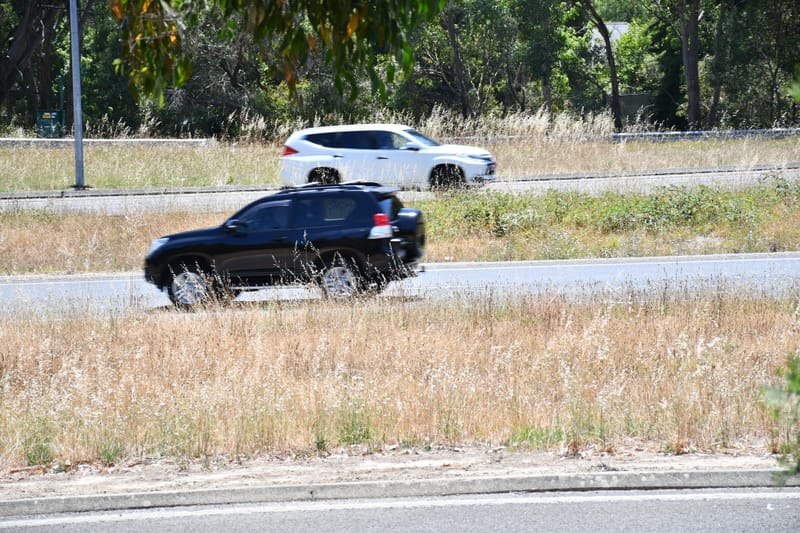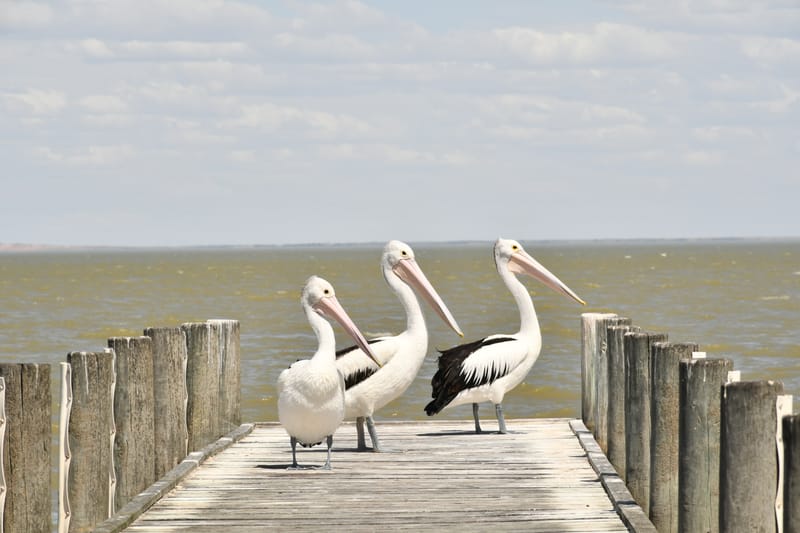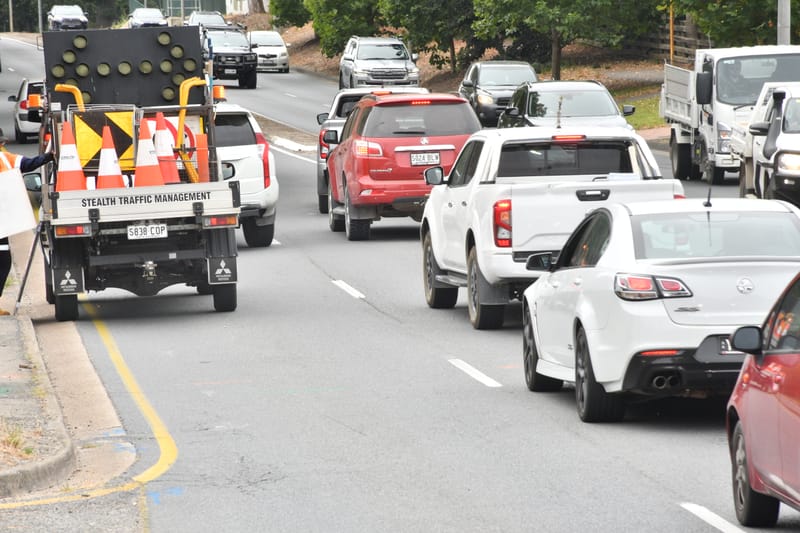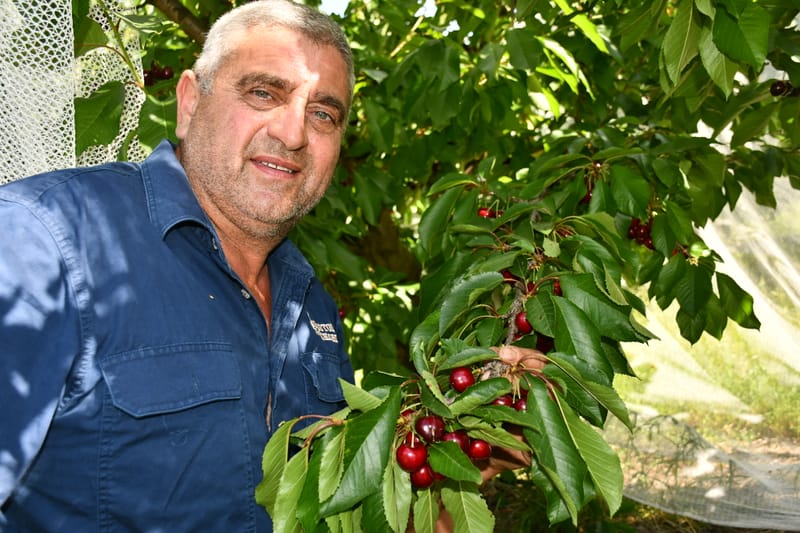Taking a toll: road accidents leave mark on first responders
When the pager at Mt Barker’s CFS station requests support at a road accident, first responders don’t know what they will be confronted with. Between mid-2021 and mid-2023, CFS volunteers responded to more than 1450 vehicles incidents in the...
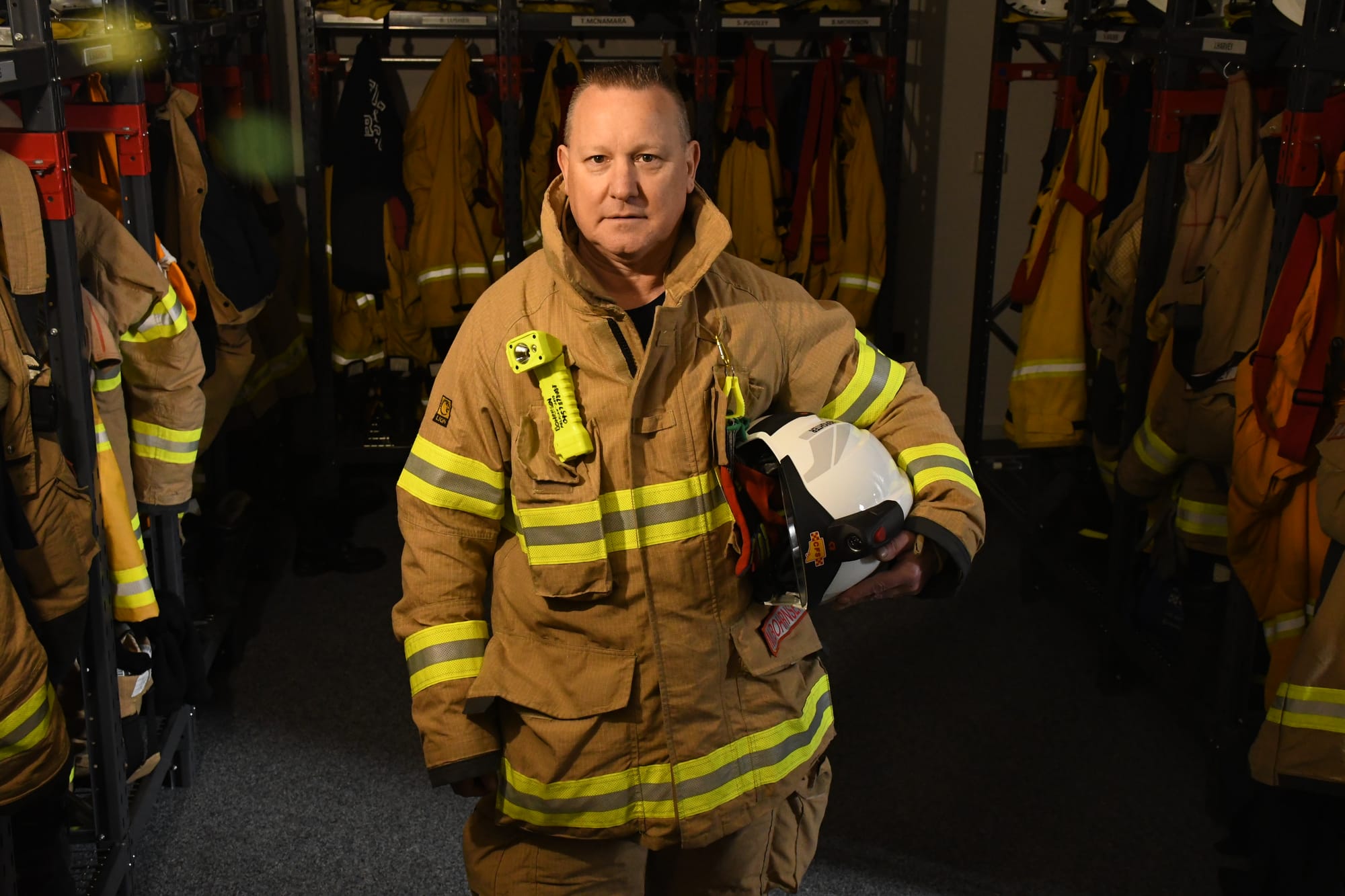
When the pager at Mt Barker’s CFS station requests support at a road accident, first responders don’t know what they will be confronted with.
Between mid-2021 and mid-2023, CFS volunteers responded to more than 1450 vehicles incidents in the Hills, Fleurieu and KI region, call-outs that can involve anything from releasing trapped people from crumpled vehicles to comforting victims in the wake of a collision.
Mt Barker CFS volunteer Michael Bohrnsen, pictured, has been serving for more than 25 years, using his skills as a paramedic and fire-fighter to ensure the best outcome for his community.
But he said the emotions of a road accident fatality or injury still affected him.
“You just have to put that emotion aside and get on with it,” he said.
“I’ve had first-hand (call-outs) where I’ve walked into a job involving very close friends ... and you just have to focus on what you’re doing and get the job done.
“When you finish that job, you take a big sigh of relief.
“I’ve cried my eyes out – I did it last week and I didn’t even know the people and there’s nothing wrong with that.”
Sometimes, call-outs are “too close to home”, and while CFS volunteers generally don’t deliver the news that a loved one has died, Mr Bohrnsen said it still happened.
That’s because when volunteers respond to a road accident, they interact closely with the person in need, which Mr Bohrnsen said could be a relatively “intimate” experience.
“We get to know intimate things about people in their time of need because we’re talking to them the whole time that they may be trapped in the car,” he said.
“So we get to know them personally, intimately, and that can be hard to carry with you.”
Mr Bohrnsen said he was dependent on his support network to process the experience after a job and described his bond with fellow volunteers as “unbreakable”.
However, he said it was important to have a broader network outside of the unit and be comfortable opening up about the mental health impacts of responding to accidents.
Mr Bohrnsen said responding to a road accident could have an immense impact on those assisting that could crush them if they weren’t careful.
“It’s not an easy job, you’ve got to have the right maturity, temperament and mindset to go to any of these jobs because I may not know (the victim) but they’re still someone’s son, daughter, auntie, uncle, mother or father,” he said.
With SA’s road toll already exceeding last year’s total road fatalities, Mr Bohrnsen said it was only a matter of time until the unit again responded to a job that had connections with either him or his fellow volunteers.
“I think everyone’s needs to slow down, relax and breathe a bit more, and take more care on our roads,” he said.
“Everyone’s so preoccupied by life and the stresses of life that (vehicle accidents) happen.”
More than half of all deaths on SA roads have been people from regional or rural areas driving on country roads.


